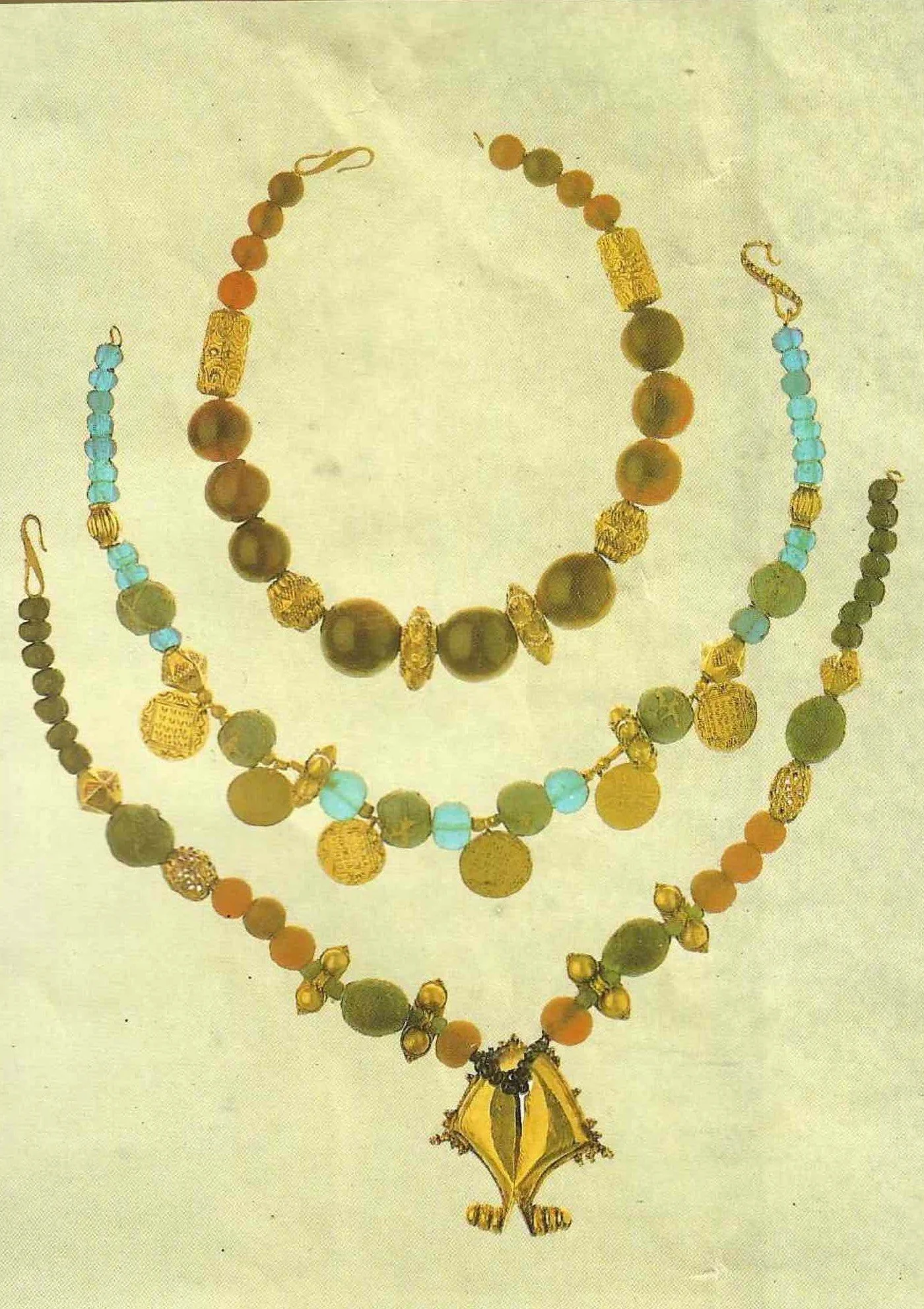DEVI TANA HARIMAN’S HEIRLOOM JEWELRY OF JAVA
During the 1980s, members of the U. S. diplomatic corps and their families embraced the work of Devi Tana Hariman, a Javanese artist who produced jewelry inspired by the ancient Majapahit empire.
Hariman lived and worked in Jakarta, on the island of Java. Jakarta is the capitol city of Indonesia, the world’s largest archipelago of islands organized under one government.
The islands of modern-day Indonesia.
The history of this archipelago is deep and diverse. It has long been a meeting and mixing place for a broad range of cultures, traditions, religions, and ethnicities. The Majapahit empire, which lasted through the late13th through the early 16th centuries, was centered on the island of Java but dominated the entire archipelago and influenced nearby mainland cultures. A society of seafarers, the power of their kingdom was largely based on commerce and alliances. Even the religions practiced during the Majapahit era were fluid and inclusive of many traditions, including Hinduism, Buddhism, and the native shamanistic animism of the islands. Members of the aristocracy bedecked themselves with ornate jewelry made from gold, silver, and gems that were sourced both locally and from their vast trading network. Examples of Majapahit-inspired jewelry and sculpture have been found in places as far-flung as Singapore and the Philippines.
Javanese necklace from the second half of the 9th century to first quarter of the 10th century. It currently resides at the Metropolitan Museum of Art in New York City.
Because of Indonesia’s long history as a trading center for the entire Indo-Pacific region, other cultures have left tangible evidence of their presence in the area. Beads are an excellent example of this cross-cultural exchange, as antique beads from India, China, Italy, and Bohemia can all be found in Indonesia.
Included in these three Hariman necklaces are: horn beads, old Bohemian glass beads, Islamic beads from the 9th century, and a silver Mamuli pendant.
Further, each of the islands has its own tradition of jewelry-making and its own style of gold- and silver-smithing.
Hariman bracelets of old silver from Timor, Batak (North Sumatra), and Lampung (South Sumatra).
Devi Tana Hariman was born and raised in Central Java. She completed her education in Belgium, specializing in interior design. An active artist, her paintings have been exhibited many times in Europe and at the Taman Ismail Marzuki arts complex in Jakarta.
Devi Tana Hariman
When she returned to Indonesia following her European studies, Hariman became an avid collector of antique beads and jewelry findings. Then, as a trained artist, she found herself inspired to create something new with the beautiful heirloom jewelry she had acquired. Working with local craftsmen, she had ornate antique gold beads reproduced in gilded brass which she then integrated into unique works of art, frequently including antique beads made of glass or natural materials as well as old silver findings.
Hariman’s gilded brass beads.
Though she took her inspiration from the royal jewelry of the Majapahit empire, what she created was ultimately all her own.
Hariman necklace of old carnelian, Roman glass beads, and an old silver Mamuli.
We have been entrusted with a small collection of new old stock Devi Tana Hariman jewelry by an individual who acquired these items from the artist in 1989-1990 . These fabulous vintage creations, incorporating antique components, have never been worn or used. It is a real privilege to be able to offer these items for sale here on our website.
A contemporaneous brochure, the source of the examples of Hariman’s work shown above, can be seen here.






